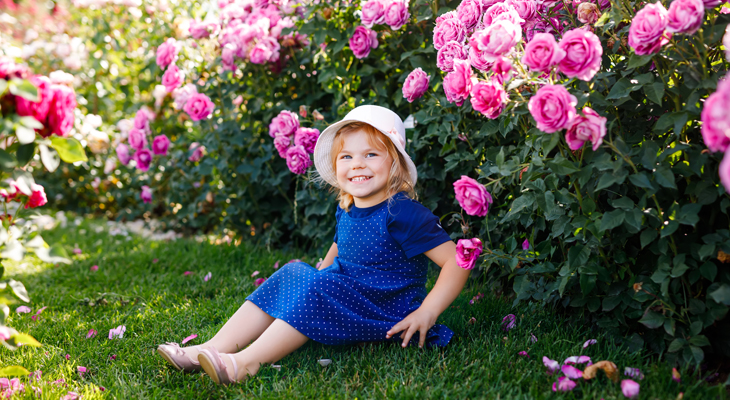
In the winter, I think green thoughts and I dream of roses. I read books and catalogs, and I make lists. In spring, I plant new roses, wishing with every one that I had yet more roses to plant. In early summer, I remember that there is a manageable gardener-to-rose ratio, and I have foolishly surpassed it. My roses need tending, but I am one, and they are many. Yet I go on wanting more.
I think this love of roses may be akin to sickness. Addiction. Obsession. It does not seem quite proper. Certainly not healthy. Healthy would be a sober appreciation for coneflowers. They are stiff and strong and look good in their fresh summer petals and in their dried winter seedheads. They look good right close up, and they stand out from far away. They sing a happy summer song and mix well with others.
Roses, in contrast, are moody and demanding. Their music is violin, not guitar. A just-opened bloom of ‘Blanc Double du Coubert’ is the most perfect thing in the universe. Until it rains and the blossom melts into a blob of soggy petals like rumpled Kleenex on a bush. I adore it anyhow. It smells like the very definition of perfume. The rose evangelists will insist we must only choose the right rose for the right place to ensure an easy, carefree addition to our gardens. They are lying. There is never anything easy about roses. The thorns at the very least see to that.
Roses give and they take. They will greedily eat up all the compost you give them. They will flower on and on but only if you deadhead them. They will make you ever-so-slightly dissatisfied with every other flower growing in your garden. The alliums are wonderful, the zinnias delightful, but why can’t everything be a rose? It is true that some roses do not need much tending, but in return they will swallow the shed you planted them against. They will dangle their canes over the garden bench, making it impossible to sit down. Yes, you could cut her back or dig her out, but you would rather just give up any claim to the bench. The roses are in charge now.
What does it take to tend a rose? First comes the winter protection. Not all roses need it and certainly not all winter climates require it, but I have a few roses planted in an exposed corner of my yard. Winter’s north wind can be deadly for some of my less hardy roses, so every November I mound quite a bit of mulch at their bases. I wrap my climbing ‘Souvenir de la Malmaison’ rose in burlap. In spring, there is pruning. The bright yellow of the forsythia is my signal to pull out my sharpest snips. I cut the large shrub roses back by a third. I cut out any diseased and damaged wood. I always make a slanting cut. I am careful to cut just above an outward-facing bud. That cut will encourage new growth away from the rose’s interior. This task is both exciting (the roses are coming! the roses are coming!) and endless (how many roses have I planted in this garden?).
I tend my roses with constant care, but I cannot tend away every problem or complaint. Because I refuse to use the old poisons that kept the hybrid tea roses of an earlier gardening generation blemish-free, I must accept a bit of black spot and powdery mildew or else grow no roses at all. The old cures, we now acknowledge, were worse than the disease.
I hear a murmuring query growing louder with each line I write: Why, then, grow roses at all? Why? And though the litany of chores has hardened my heart with each word of this essay, now my heart softens. Now a dreamy smile returns to my face. Once again I think my green and wonderful thoughts. Why grow roses? Ask a dancer why she dances, though her feet be battered and bruised. Ask a painter why she paints, a writer why she writes. The answer is beauty. Not prettiness. Not loveliness. But a beauty so rich and real it is almost terrifying. This is beauty with a voice.
This is beauty that beckons. We will follow it no matter what, though we do not know where it will lead. True beauty, beauty that is the language of God, is not marred by black spot, mildew, or hungry beetles. Though rain shatters the petals on the ground, beauty is not shattered. Its voice is not silenced. Though it may fade to a green thought in winter, it is a signpost of a world still to come. It is a promise that will be fulfilled.
***
The above excerpt is from Garden Maker: Growing a Life of Beauty and Wonder with Flowers by Christie Purifoy. To learn more about Christie and her beautiful book (that would make an ideal Mother’s Day gift, hint, hint), go here.

Leave a Reply